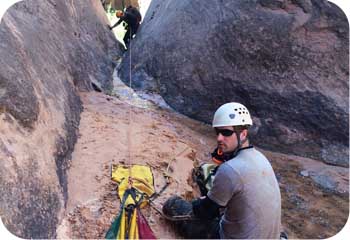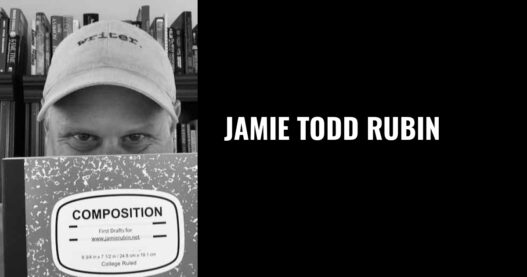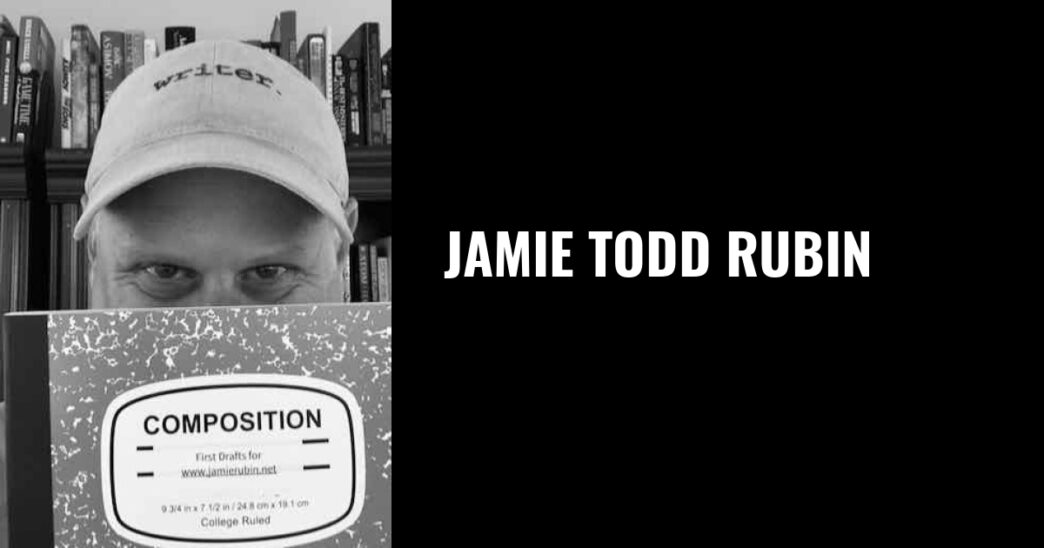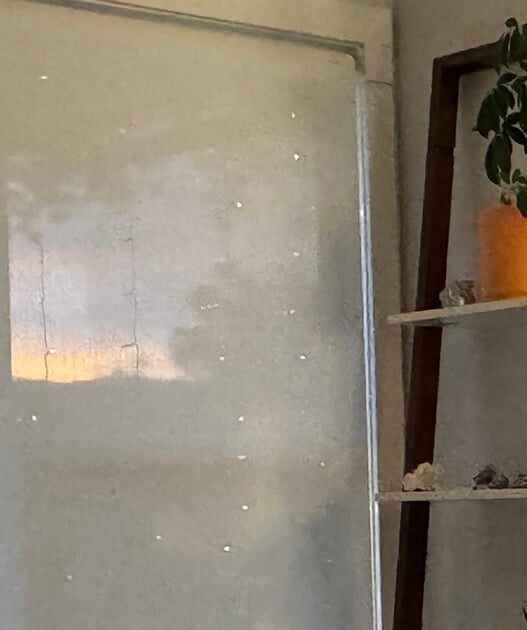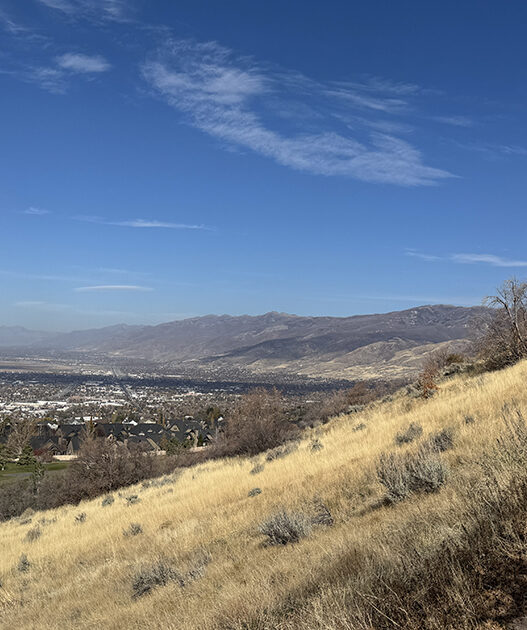I. The Nine Planets
The first time I experienced a sense of wonder was upon arriving home from the Franklin Township Public Library and tearing into the book I'd just checked out: a nonfiction astronomy by Franklyn M. Branley titled The Nine Planets. I was still learning to read, and I can clearly recall wondering if reading was worth the struggle. The Nine Planets made it worth the struggle. Here was a book that described the solar system with its nine planets1. They were astonishingly far away. Some of them had more than one moon! Saturn had rings around it! This was my first conscious encounter with the universe beyond Earth's atmosphere and the feeling of wonder it manifested within me I still recall with much the same feeling as a first love.
Branley's book2 lifted me to an orbit that would inevitably intersect with science fiction and fantasy—and that same sense of wonder. While still in grade school, I recall encounters with Isaac Asimov's The Caves of Steel and to this day, recall the impression made upon my imagination of the vast underground cities of Earth with their conveyor belt-like roadways. I read Madeleine L'Engle's A Wrinkle in Time and recall the difficulty I had in imagining a tesseract3. I read with fascinating The Lion, the Witch, and the Wardrobe by C. S. Lewis, and wished my closet was as interesting as that of Peter, Susan, Edmund and Lucy. I read Edward Ormondroyd's David and the Phoenix and wished I had a mountain behind my house. (All I had were boring woods!)
It wasn't until junior high school in the suburbs of Los Angeles that I really become addicted to that sense of wonder. A friend of mine introduced me to the books of Piers Anthony4 and it seemed that for many years all I did was feed that sense of wonder with his books. Fortunately, he had written many books.
But a sense of wonder is fickle. Like drug, you crave more and more of it, and if you don't get it, after some severe withdrawal symptoms, the feeling fades away and it is hard to remember what it felt like in the first place.
II. Science Fiction Age
In college, I was still reading the occasional Piers Anthony book. For my minor (in journalism) I wanted to write a paper on science fiction and my advisor (the writer Susan Straight) was encouraging. Fortunately, my university was home to one of the premier collections of science fiction available, the Eaton Collection. Around the same time, I discovered a new magazine on racks of bookstore shelves, a beautiful, glossy, science fiction magazine called Science Fiction Age5. The coincidence of these two events: my thesis and my discovery of Science Fiction Age rekindled that sense of wonder in me.
I began reading science fiction again, and moved away from Piers Anthony novels. From Science Fiction Age I discovered Barry N. Malzberg6 and found Hervoit's World in the library and it was as if the universe split open and something entirely new emerged. Science Fiction Age brought me into the world of short science fiction and fantasy. I read each issue of the magazine from cover to cover. I found and read Harlan Ellison's Dangrous Visions. I was astonished by just how powerful short fiction was. In many ways, short fiction with its concentration evoked an even more potent sense of wonder than science fiction novels. I also re-discovered Isaac Asimov and after reading his memoir, I. Asimov, I began to chase down everything he'd ever written.
I began to write science fiction stories of my own, submitting them to every market I could find.
III. Age of Wonder
For a long time, I read a lot of non-fiction, mostly Isaac Asimov's. I read all of his collections of science essays from The Magazine of Fantasy and Science Fiction. I read (and re-read) all three volumes of his autobiography. I was learning to be a writer from Asimov's example. I was writing and submitted stories even though I wasn't reading much s.f. I also read and re-read Asimov's entire FOUNDATION series, and then, with trepidation (and ultimately, delight), the Second Foundation Trilogy, penned by Gregory Benford, Greg Bear, and David Brin respectively. Just thinking of those books can sometimes stir that sense of wonder within me.
Sometime in 1997, however, for reasons I no longer remember, I picked up David G. Hartwell's book, Age of Wonder. That book turned out to be the gateway drug back to the sense of wonder.
In a relatively short span of time, I devoured The Stars My Destination and The Demolished Man by Alfred Bester7. I read Rogue Moon by Algis Budrys8 and Dying Inside by Robert Silverberg, one of the best novels I've ever read in my life. I read Time Out of Joint by Phillip K. Dick and The Past Through Tomorrow by Robert A. Heinlein and Beyond Apollo by Barry N. Malzberg and The Forever War by Joe Haldeman. For a feverish period between September and November 1997, I lived on a high that was pure sense of wonder.
That high lasted a while. I continued to write and submit stories. I continued to collect rejection slips. My reading broadened and nonfiction began its stead encroachment on my fiction reading time. The sense of wonder faded with some occasional, but brief, bright spots like Gregory Benford's Timescape, Robert J. Sawyer's Calcuating God, and Pete Hamill's Forever. Eventually, in late 2006, I made my first professional science fiction story sale to Edmund Schubert at Orson Scott Card's InterGalactic Medicine Show. That first story, “When I Kissed the Learned Astronomer,” was all about sense of wonder. I was now creating my own.
IV. Vacation in the Golden Age
As began to write and publish my own s.f. stories, I found it harder and harder to read s.f. stories. I've heard from other writers that this is not uncommon. My reading continued to expand broadly across nonfiction, however. Still, I yearned for that sense of wonder.
In late 2010, I had this idea of “vacationing” in the Golden Age of science fiction. I can't remember the germ for the idea, but I wrote about it in a post called “Vacation in the Golden Age of Science Fiction9.” This led to a 2-year stretch where I read every page of every issue of ASTOUNDING SCIENCE FICTION from the July 1939 issue, writing in detail about everything I encountered in the issue. This became my blog series, “Vacation in the Golden Age.” Once again, I was steeped in the sense of wonder, not only reading these classics from the 1940s, but imaging what life was like for the kids reading those pulps at that time.
Not only did enjoy the classics in their original form, but I discovered many gems I'd never heard of. Later, I was invited to write a led editorial for ANALOG, and wrote a piece called “Gem Hunting10” where I described some of the gems I discovered. Among them: “The Day Is Done” by Lester del Rey, “Greater Than Gods” by C. L. Moore, “Rust” by Joseph E. Kelley, Final Blackout (a 3-part serial) by L. Ron Hubbard, and “Magic City” by Nelson S. Bond.
I rode that wave of nostalgia and wonder for 41 issues of the magazine, taking me from July 1939 – November 1942, before petering out and moving onto other things. Meanwhile, I continued to sell stories, but I felt the beginnings of that sense of wonder (both in my writing and reading) to wane. More and more, I read nonfiction. Our family grew. Work got busy. Both the time and desire to write science fiction faded to nothing. I began to deliberately shy away from science fiction, in part at least because I wasn't writing it, and I was worried that the sense of wonder was gone forever. Indeed, when I went back and tried to read Isaac Asimov's FOUNDATION series, it seemed much flatter than I recalled it. That terrified me, and for a long time, I didn't read science fiction.
V. The Search Continues
Recently, I've been missing that sense of wonder. I've asked myself again and again if it is possible to recapture it. Maybe its the times we live in but I suddenly feel desperate for that feeling of awe that I had when I read science fiction in my youth.
I turned back to Hartwell's Age of Wonder skimming here and there. He talks about that sense of wonder and he talks about losing it. Something occurred to me then: I was not widely read when that sense of wonder took hold in me. It was the ideas less than the writing that I wanted. When I went back decades later and tried to re-read FOUNDATION, I was much more attuned to the writing than I had been the first time around. I noticed its pulpish qualities, and that somehow dimmed the overall story for me. But I still wanted to reclaim that feeling of wonder.
There is a story about Lester del Rey that says he wrote his first science fiction story when he read a story in a magazine, tossed it across the room and said to his girlfriend at the time, “I could do better than that!” To which his girlfriend replied, “I dare you to.” And thus a legend was formed.
In early 2024, I dared myself to write a story that would evoke a sense of wonder. I did. I wrote a story called “Our Tom11.” It was more magic realism than science fiction. Not only did I write it, but I submitted it, my first unsolicited submissions in more than a decade. It has collected two rejections, but with positive feedback.
Meanwhile, I decided to chase after that sense of wonder once again. I looked back at what I had read the field and found woeful gaps, especially in short fiction, which (a) is what I am best at writing, and (b) has more concentration of wonder per story than a novel. I obtained three of Garnder Dozois's “Best Of12” anthologies: The Best of the Best: 20 Years of the Year's Best Science Fiction, The Best of the Best: 35 Years of the Year's Best Science Fiction, and The Very Best of the Best, Volume 2: 20 Years of the Best Short Science Fiction Novels. I'm nearly finished with the first, and folks, the magic is still there. I've found that sense of wonder in stories like John Kessel's “The Pure Product13” (1986); Brian Stableford's magnificent “Mortimer Gray's History of Death” (1995); “Coming of Age in Kathie” (1995) by Ursula K. Le Guin; “Recording Angel” (1996) by Ian McDonald; “A Dry Quiet War” (1996) by Tony Daniel; and “The Story of Your Life” (1998) by Ted Chiang, which I have added to my short list of perfect stories. I'm already looking forward to the other volumes.
I read and enjoyed Gregory Benford's In the Ocean of Night which stirred that sense of wonder, although not as much as the short fiction. I've read the first two volumes of Neal Stephenson's Baroque Cycle, Quicksilver and The Confusion, which have been delightful. I am also reading (or sort-of re-reading) Harlan's Ellison's Dangerous Visions, which I read pieces of in college. I'll follow that with Again, Dangerous Visions, and the recently released, The Last Dangerous Visions.
It would appear that where science fiction novels first stirred the sense of wonder in me, it is short science fiction that stirs it today. Looking back, maybe it has always been short science fiction, it just took me longer to discover that.
And it is that sense of wonder that seems to inspire me most in my own writing. Since I've started this journey of “re-discovery”, I've started writing again. I mentioned one story, “Our Tom.” I've got two more stories lined up and waiting to be written. Maybe some of the sense of wonder I'm mainlining will rub off on those stories.





